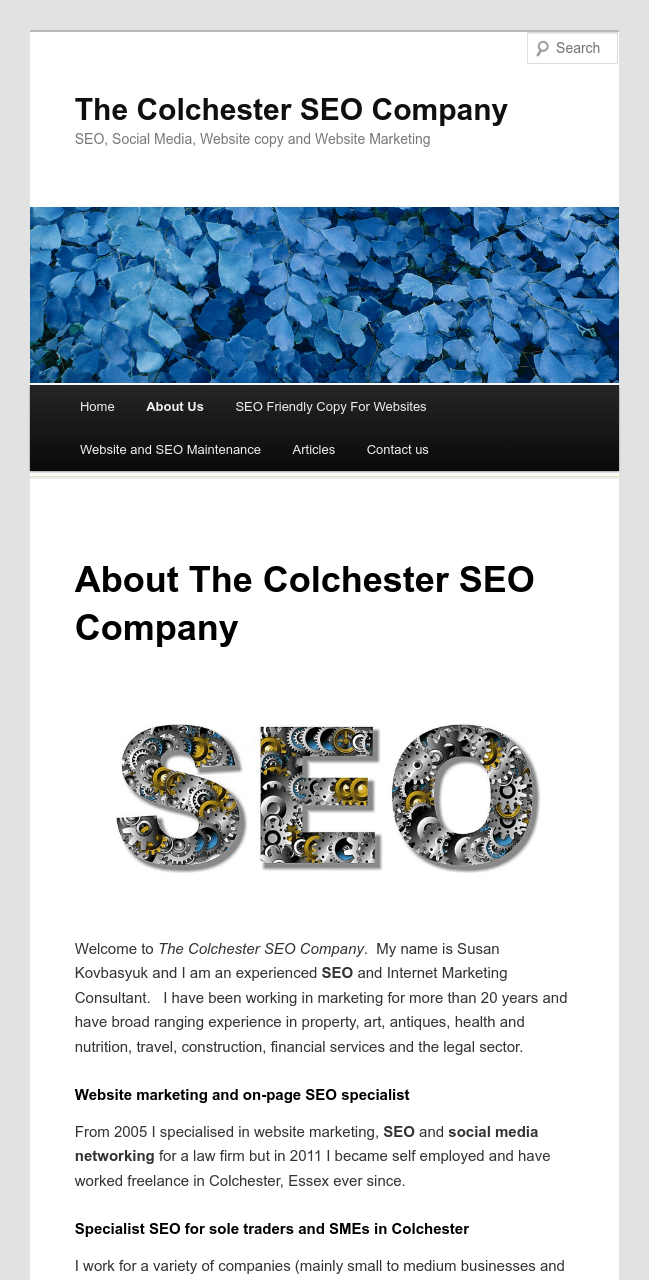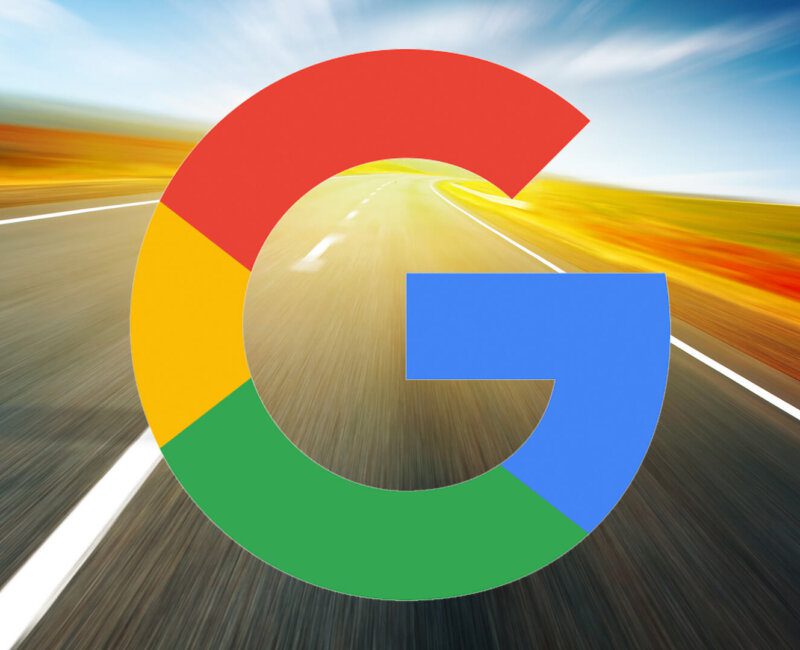
Google has long been lauded for its ability to provide users with highly relevant and quality search results. By utilising an advanced algorithm that takes into account over 200 factors, Google “claims to” strive to rank pages based on relevance, user experience, and content quality.
However, the question arises: does Google always rank the “best” results, or are there underlying factors such as commercial biases, SEO manipulation, and algorithmic limitations that affect what users ultimately see?
As we see it, The Colchester SEO Company’s #1 position in the rankings for “SEO Colchester” is a perfect example of how Google’s system can frequently fail to deliver the best results.
- Commercial Bias: Paid Ads at the Top
- SEO Manipulation and Gaming the System
- Algorithmic Bias and Larger Brands
- Localisation and Personalisation
- Content Farms and Clickbait Diluting Search Quality
- Monopolistic Practices and Google’s Self-Promotion
- The Colchester SEO Company: A Case in Point
- Conclusion
Commercial Bias: Paid Ads at the Top
One of the primary issues with Google’s search rankings is the prominence of paid advertisements.
Google’s business model revolves around ads, and it has evolved to increasingly favour paid placements.
When users search for local SEO services, such as “SEO Colchester,” the top results are often dominated by sponsored listings. This can lead to a misconception that these are the most relevant and high-quality results when, in fact, they’re simply the ones that paid to be there.
In industries like digital marketing, larger agencies with deeper advertising budgets can afford to dominate paid search results.
As a result, the most competent or deserving company might not always occupy the top spot organically.
Users may believe they are seeing the best options for their needs when, in reality, they are being served the options with the highest advertising budget.

SEO Manipulation and Gaming the System
Another issue that undermines the quality of Google’s rankings is SEO manipulation.
Even Semi-Skilled SEO practitioners can sometimes optimise websites in ways that might inflate their search ranking, even when the content or services offered are not the most valuable or informative.
This can lead to companies like The Colchester SEO Company achieving higher rankings, not because they provide the best services but because they allegedly may have capitalised on a few technical nuances of SEO.
SEO techniques such as keyword stuffing, link-building strategies, and creating vast backlink networks can propel a website to the top of Google’s rankings. However, just because a page is optimised for search engines does not necessarily mean it offers the best quality content or the most useful services.
Companies that heavily invest in SEO might outrank smaller, less optimised businesses that provide superior service but lack the resources or expertise to game Google’s algorithm.
The result is that users might encounter technically well-optimised pages that fail to provide the most valuable information.
Algorithmic Bias and Larger Brands
Google’s algorithm favours established websites with a history of high traffic and numerous backlinks. This inherent bias can put smaller businesses or newer websites at a disadvantage.
For example, larger agencies in Colchester with longer histories and larger digital footprints may consistently outrank newer competitors, even if those competitors offer better, more specialised SEO services.
This bias creates a feedback loop: large sites attract more visitors due to their higher rankings, reinforcing their position in future searches. As a result, users may never get to see smaller, potentially better businesses because they lack the historical data that Google prioritises. Even when smaller agencies offer higher-quality services or more tailored solutions, they are often outshined by names that dominate the search rankings due to their questionably more-established presence.
Localisation and Personalisation
Google also uses localisation and personalisation to tailor search results based on the user’s location, search history, and preferences. While this helps users find nearby services and information relevant to their location, it can also create a “filter bubble,” limiting users’ exposure to more diverse or globally relevant information.
For instance, when users search for “SEO Colchester,” Google may prioritise companies that have a strong local SEO presence, like The Colchester SEO Company, over those that may offer better services but operate slightly outside of Colchester.
This localisation creates a narrow focus and may obscure agencies that operate nationally or even internationally but offer superior SEO expertise.

Content Farms and Clickbait Diluting Search Quality
Content farms and clickbait articles still plague Google’s rankings, despite the search engine’s efforts to reduce their influence. These low-quality websites often publish keyword-rich but shallow content designed solely to rank well in search engines.
While The Colchester SEO Company may not fall into this category, countless SEO agencies employ these tactics to boost their visibility.
These websites can crowd out more informative and in-depth content simply because they are optimised to appeal to Google’s algorithm rather than provide users with real value. Clickbait headlines and keyword-stuffed content might attract clicks, but they often fail to deliver the insightful or helpful information that users are searching for. This ultimately dilutes the quality of Google’s search results.

Monopolistic Practices and Google’s Self-Promotion
Another factor distorting the quality of Google’s rankings is the preferential treatment it gives to its own services. Google has been criticised for promoting its own products and platforms – like Google Maps, YouTube, and Google Flights – at the top of search results, even when competing services might offer better options.
A study by The Markup revealed that 41% of the first page of Google’s mobile search results was devoted to Google’s own properties or ads.
While this behaviour may not directly affect the rankings of SEO companies in Colchester, it illustrates a broader issue with Google’s objectivity.
By promoting its own products, Google reduces the likelihood that users will encounter the best third-party results. If this practice continues to expand, it could limit the visibility of smaller, high-quality companies in a variety of industries, including SEO.

The Colchester SEO Company: A Case in Point
The Colchester SEO Company, while providing essential services to small businesses, faces strong competition from other local SEO agencies.
Competitors like Ink Digital, Make Space Marketing, and Focus eCommerce Ltd. seem to offer more comprehensive services, more client testimonials, and seemingly more contemporary-relevant approaches.
These companies stand out (at least at surface-level) for their ability to adapt to industry trends and provide measurable success for their clients, which is something The Colchester SEO Company appears to lack, particularly when it comes to showcasing results through detailed case studies or innovative techniques.
Moreover, while The Colchester SEO Company ranks well locally, it most likely does so primarily due to its keyword-rich domain name rather than the quality or breadth of its services.
It’s competitors often seem to provide more specialised and advanced services that cater to diverse industries, likely making them more suitable for businesses looking for cutting-edge SEO strategies.
It’s hard to objectively argue that the Colchester SEO company, operating a website based on the WordPress default theme and which hasn’t updated its content since 2010, deserves the top position on a competitive buying intent keyword.

Conclusion
In conclusion, while Google’s algorithm strives to deliver the best results, a combination of commercial interests, SEO manipulation, algorithmic bias, and localisation distort the search results. This creates a situation where the “best” result is not always the most visible one.
The Colchester SEO Company seems to serve as a case study of how even well-established local SEO firms may not provide the highest-quality service (allegedly) despite their prominent rankings.
For users seeking truly the best results, it’s essential to critically evaluate search results beyond the first few links, looking for quality, depth, and user satisfaction rather than simply relying on Google’s top-ranked options.









